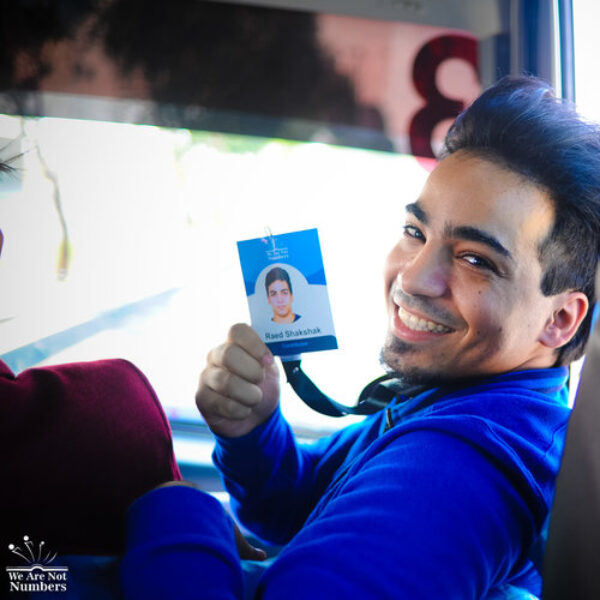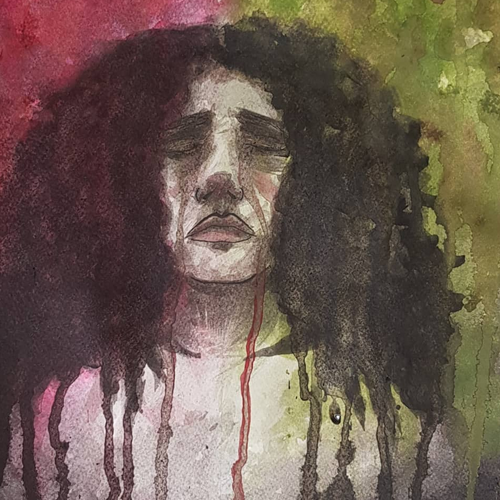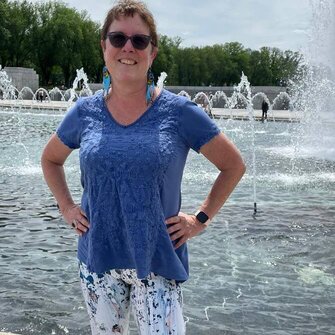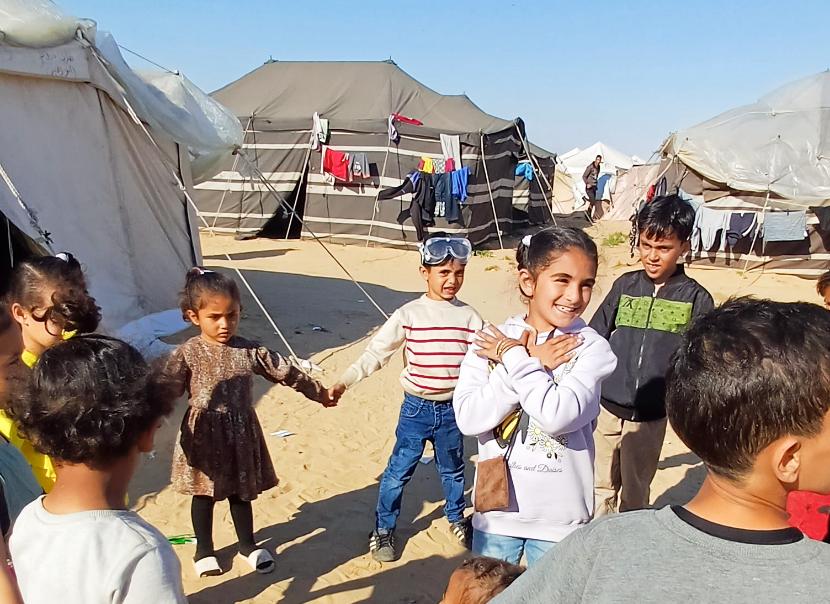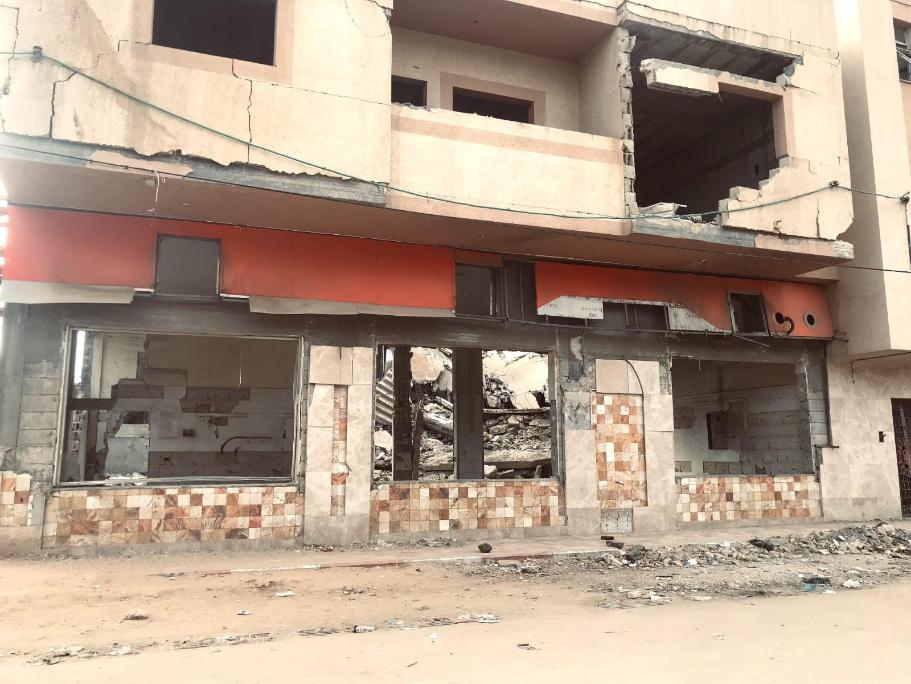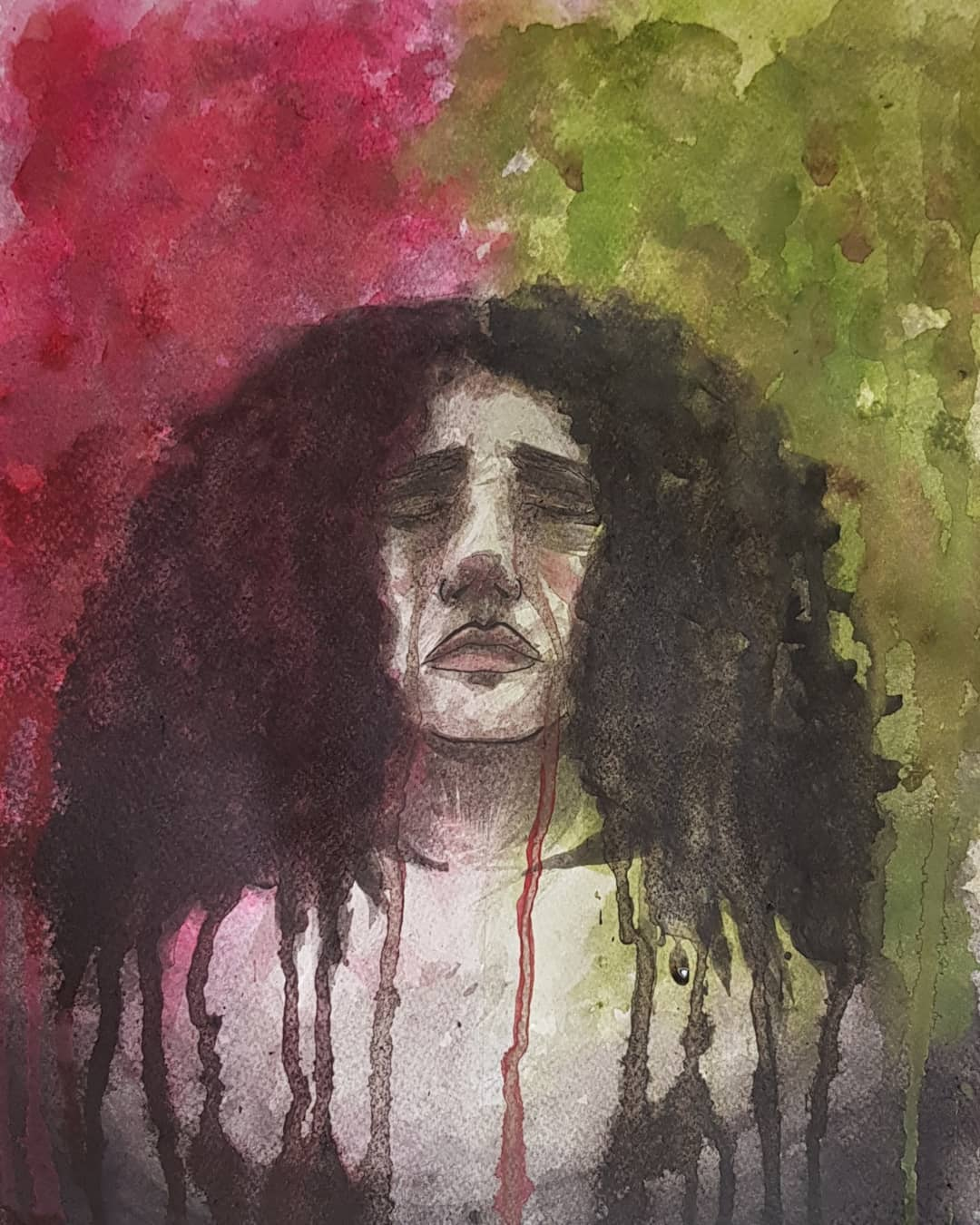
It's almost midnight. Anxiety strikes. My heart beats like crazy. My eyes tear. I get emotional for no identifiable reason. I lay on my bed and overthink everything, reliving the past, both recent and long ago. The thoughts crowding my brain make my head feel heavy. My energy has drained away, making me feel just like a body with no soul. This has become a nightly experience I don't seem to ever overcome.
This pervasive sense of anxiety, often triggered by the sound of notifications from my mobile phone—signaling someone trying to message me—developed and grew over the years. Ironically, people usually don't believe me when I talk about this “social anxiety.” Based on the smile always on my face, they think I am outgoing and well adjusted. But that happy face is a façade that hides a messed-up brain and wounded heart.
I think it started when one of my best friends suddenly “divorced” me in 2013, with no explanation. I was just 16 and it was my first time losing a friend—my first “hard hit in my social life." I couldn’t understand how someone could stop talking to me for good, just like that. I tried for months to fix whatever I had done, but to no avail. That experience changed my social life forever, making it hard for me to make and trust new friends.
Ever since then, I don’t feel like I can smile sincerely in social gatherings. Whenever I try, something inside aches. I figured it'd be just a matter of time before I healed and moved on, but I never really did.
Then came my tawjihi year (senior year in high school, which includes exams that determine your future educational options in Palestine). It turned out to be another turning point for my mental health. Everyone was super busy studying in a desperate attempt to earn the highest GPA possible so that they can qualify for the fields of study considered the “best” in our culture—mainly medicine and engineering. The higher your GPA, the more fields from which you can choose. During tawjihi, my friends disappeared. They were nerds and were overwhelmed with tutoring sessions for subjects like physics and chemistry. (Those sessions cost money and I didn’t want to place an extra burden on my dad.) We stopped hanging out and going for long walks like we used to, so I was deprived of my free “therapy,” the opportunity to release anxiety that our get-togethers had given me.
I failed in mathematics, a subject I normally excelled at. But just before the exam, my father had suffered a dangerous drop in blood pressure and was rushed to the hospital. I couldn’t concentrate. “Friends,” neighbors and even some relatives mocked my for my failure. I started to cut myself off from people. At the same time, I reminded myself to focus on the very few people who stood by my side.
Once in university, most of my remaining “nerdy” friends chose majors other than English, and many chose to travel abroad to pursue their advanced education. As happy as I was for them, it broke my heart to lose those connections too. (Gaza’s closed borders and frequent cuts to electricity and internet make it hard to stay in touch with those outside. Plus, anyone who leves is fascinated and overwhelmed with their new life outside and often drifts away. (In retrospect, I don't blame them. I experienced the same tendency when I later had the opportunity to go abroad for a short stint, to the U.S. Still, I felt left behind at the time.)
Exacerbating my alone-ness was my father’s overly strict protectiveness—causing the few friends I had to hang out without me. For example, one summer in 2015, I went to a BBQ on the beach. My dad called me what seemed like a million times, forcing me to return home at midnight.
Eventually, I stopped hanging out at all. One day, my family decided to spend the day at the beach. I didn't want to go, but dad forced me. I sat on the sand, staring at the sunset, when my cousin tapped me on my shoulder and pointed at a group of guys walking near us on the beach. "Aren't those your friends?" he asked. It hit me like an electric shot. Stupidly, he called to them. One of them informed me that they were gonna invite me to be with them, but my best friend told them, "Why bother? He'll decline, again." Ouch… My heart…
Dad recognized my increasing isolation and reversed his protectiveness, urging me to hang out with my brother and his friends, and sometimes my cousins, but I always decline.
I tell people I'm an introvert. They take it as a joke, saying I'm the most extroverted guy they know. After all, I am We Are Not Numbers’ outreach coordinator. But I still feel broken inside. I have a pervasive feeling of being unimportant, cheap and easily replaceable. As I'm writing this, I'm lying on my bed in the dark, feeling unwanted and disliked by everyone.
Mental healing is a process. And I’m trying. I’m participating in WANN’s partnership with the U.S. Palestinian Mental Health Network. I know it could take years of work to deconstruct my walls. It’s exhausting. But do I will. And writing about it, thus giving others permission to do so as well, is the first step.

